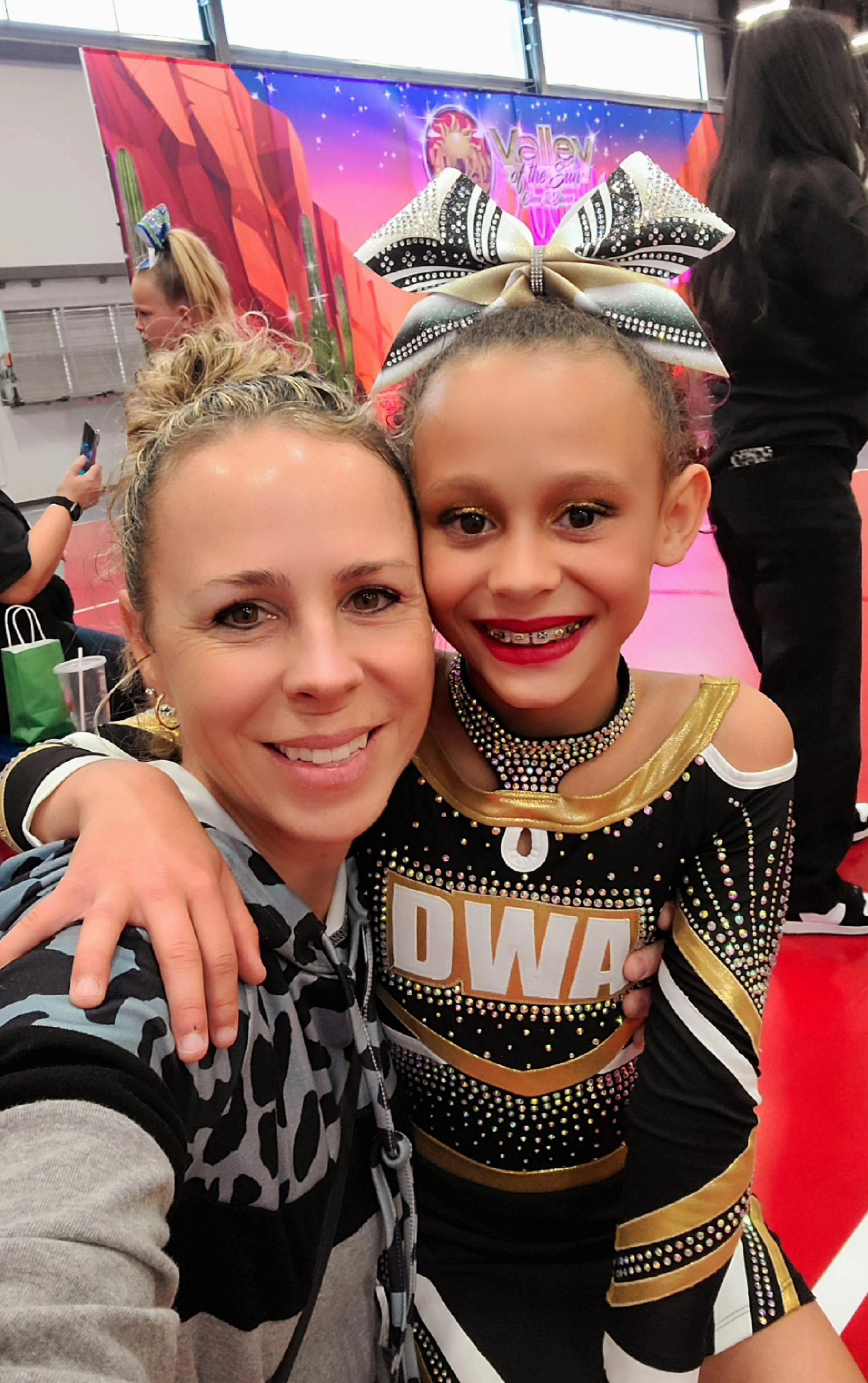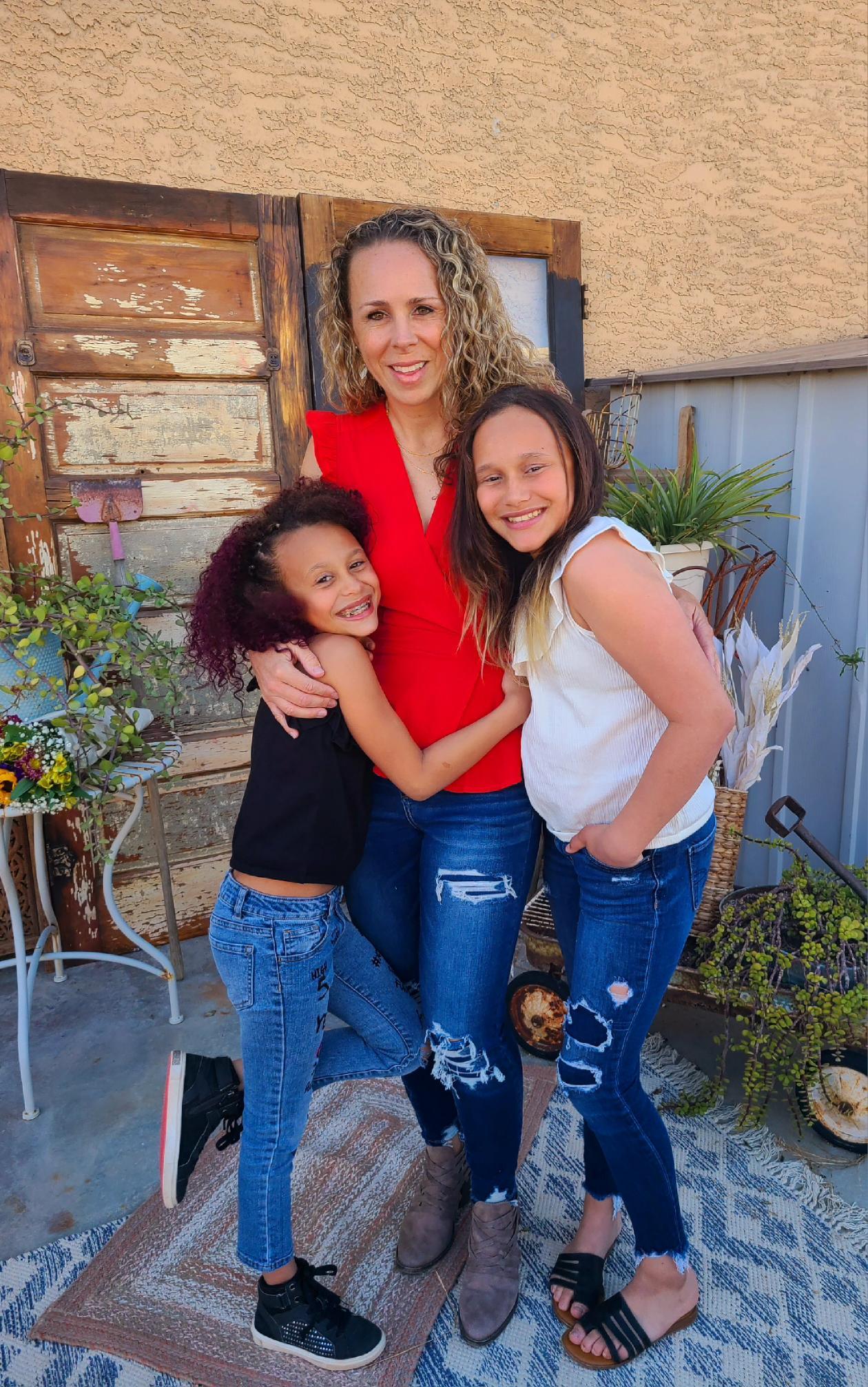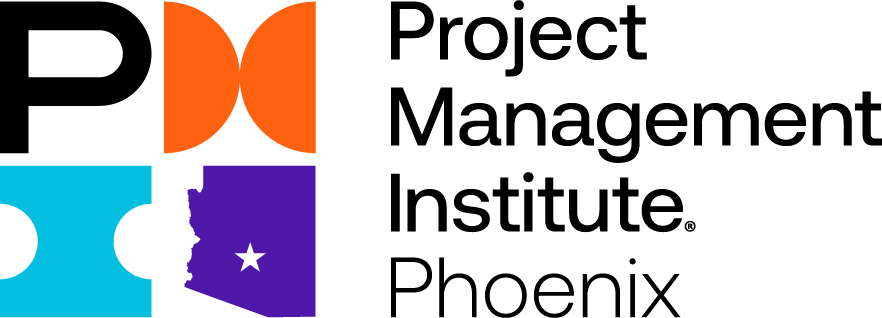Andrea Jones has been a PMI member since 2020 and decided to join the Phoenix chapter last year as part of her preparation for her PMP certification. She has been working for the last 20 years in event planning and administration till she decided to go for PMP certification and got a job as a Project Manager which she really enjoys doing now. She is now leading multimillion $ projects which are helping her organization's growth plans.
She is a volunteer in the membership team led by Milan Dordevic. As a membership manager in the Yuma area, she utilized her leadership skills and efforts to initiate and host two in-person networking events so far, with phenomenal responses and attendance of about 15-20 Project Management professionals each time.
According to her “I wanted to grow a PM community in my local community of Yuma, AZ, something I saw a need for and didn’t have so I decided to take charge and start the effort here with the support of our leadership in Phoenix.”

When asked about the most rewarding experience of this journey so far – she says her most memorable experience has been getting to meet and connect with other PMs in my community from various industries. Also rewarding has been helping to connect future PMI members with resources we have available that may assist them in their current or future PM role. “As a volunteer I was participating in something bigger than myself and giving back. That is rewarding “.
She has some words of wisdom for new volunteers based on her own experience so far - “Although I joined PMI Global, I didn’t really engage with PMI fully until I became a member of the local chapter then eventually became a volunteer”. She also recalls from her experience being patient with new initiatives, things sometimes look like taking more time but understand that it will happen - keep the faith and lean on team members as and when needed.

Outside of work and volunteering, she is an active member in the community, she is a mom and a soccer coach and loves to cook. She volunteers as a soccer coach for her daughter's soccer team. She is very involved in her daughters' sports activities and help whenever she can. She loves to travel and hopes to travel to Europe in near future.

